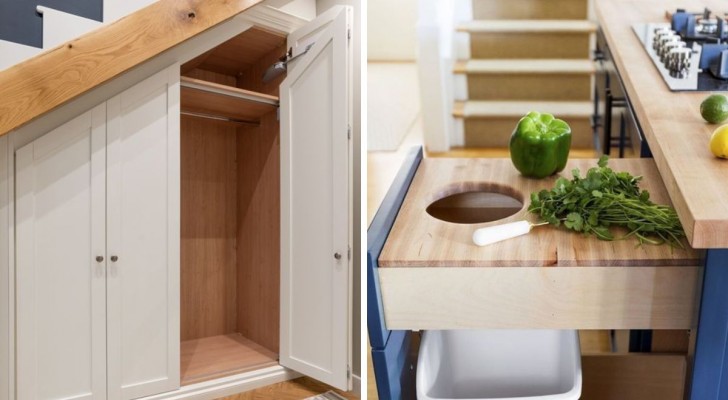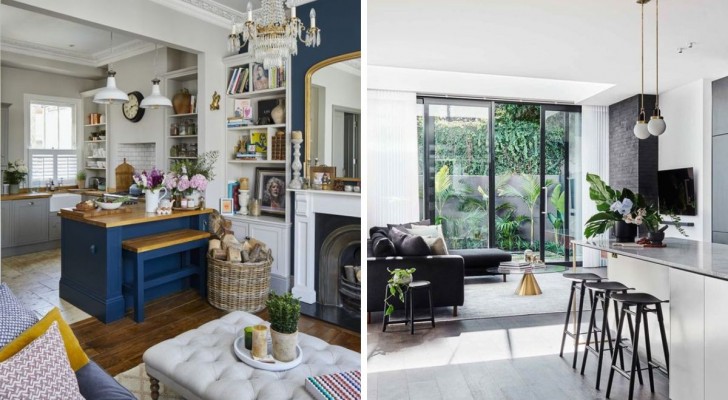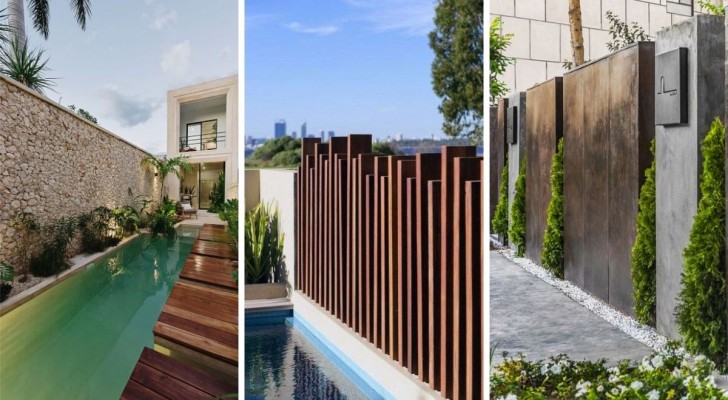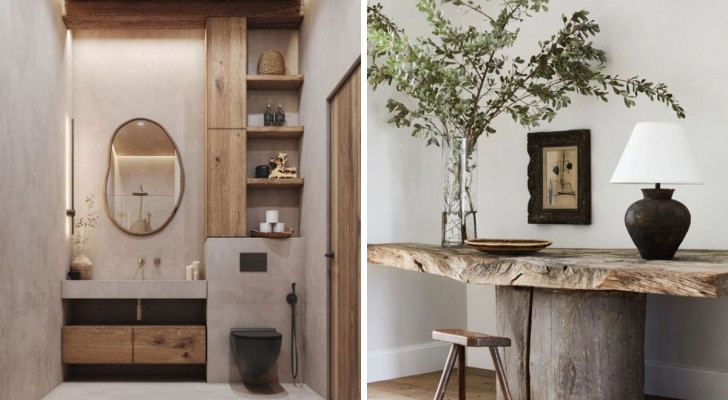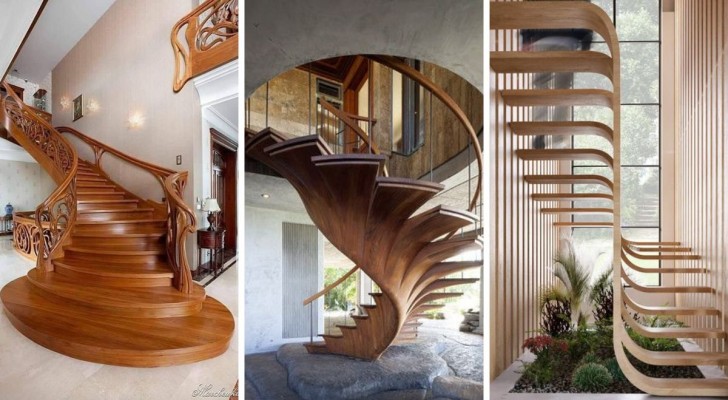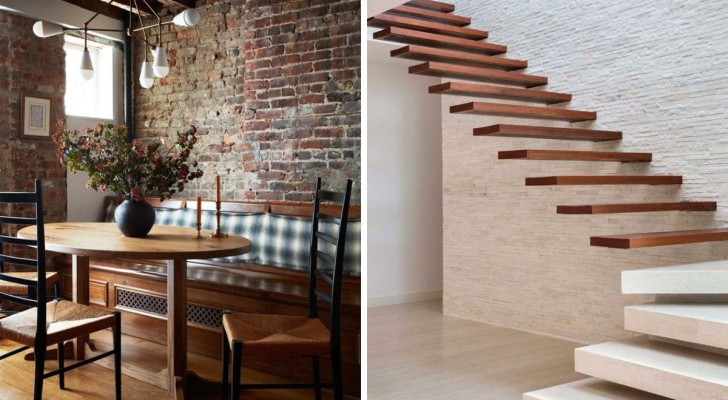Feng Shui tips to make your home more welcoming and full of positive energy
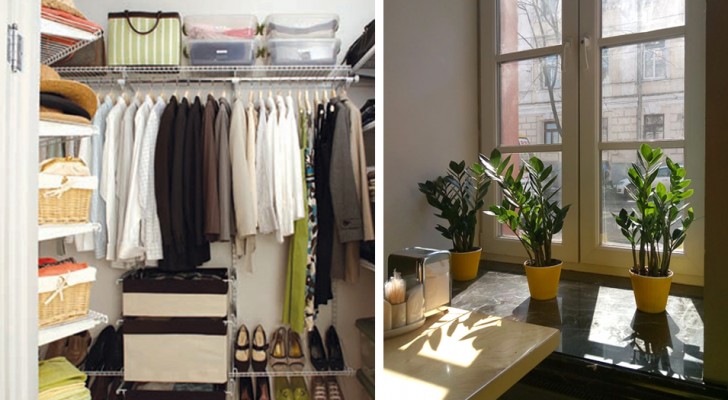
In modern life made up of tight rhythms often difficult to sustain, the idea of making your home an oasis of peace and harmony in which to take refuge and recharge your energies is an important help to face the challenges of everyday life with the right balance, and the philosophy of feng shui can provide the right indications to make our homes much more liveable and pleasant.
In the field of furniture, in fact, this science of Chinese origin translates into a careful awareness of spaces, which must be conceived and designed in such a way as to let positive energy flow, which are welcoming, serene and invite relaxation and well-being. mental.
There is no space for useless objects, one must capitalise on the importance of natural light, and strive for the construction of pleasant environments in which to spend time in harmony with oneself and with others.
The key concepts of Feng Shui
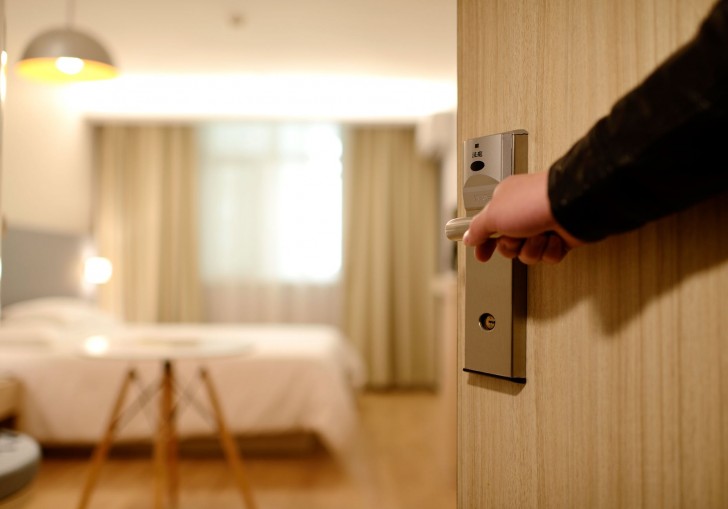
Balance: one way to achieve balance in the various rooms is to place an element in each that represents the different natural elements. So the earth (plants), fire (candles), water (a small fountain or perhaps an aquarium or a small composition of aquatic plants), and then elements in wood and metal.
Order: it is imperative to get rid of the superfluous. We must therefore review everything we have in the house and get rid of what we never use and do not need to use even in the future. Accumulating unused objects means overloading the spaces, and creating a sense of oppression even on a psychological level. So think about giving, recycling or selling what you don't need to return to having essential spaces in which only useful or significant objects remain.
Natural Light: Capitalizing on natural light is another imperative. So make the most of the light coming from the windows, amplify it by preferring light and bright colors for walls and ceilings, and neutral tones for the furniture. Therefore, avoid curtains that are too heavy or dark at least in environments that are not in themselves very bright. The light and fresh air coming in through the windows promote positivity and desire to do things, so remember to open them even for just a few minutes every day, even in winter.
Hospitality: create environments that encourage you to be together, comfortable and harmonious.
How to furnish every room according to the dictates of feng shui
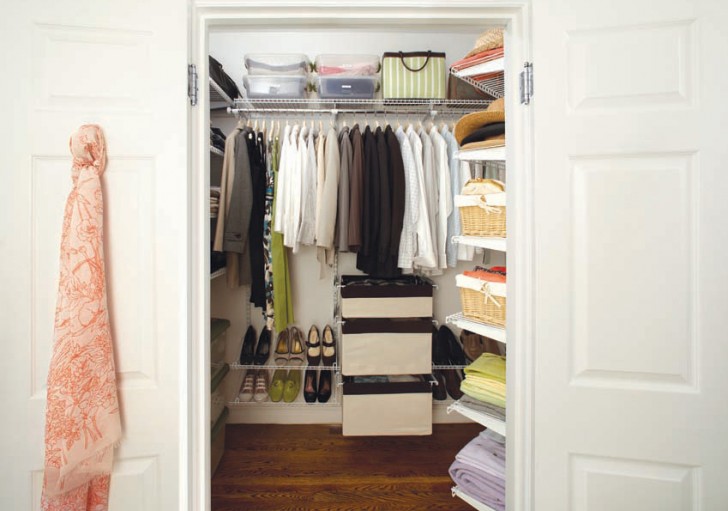
Entrance
The entrance to the house is called the "mouth of qi" (to be read more or less "ci"). Qi is the vital energy, and the expression indicates that the front door of our homes is the portal for this force that will have to flow in all environments, and this makes it a very important space, which must encourage to enter and immediately communicate a sense of familiarity.
Then make sure that it is a well-lit space, free from clutter and cluttering objects, and that the doorbell works correctly. If there are sufficient light and temperature conditions, also arrange a plant, flowers or even a statue or some decoration (perhaps even paintings or photos) that make it a pleasant space.
Living room
The living room is the space where the inhabitants of the house and the guests gather to spend time together, so it is thought of more as the most "public" space of the home, to be kept the most open and inviting.
The arrangement of the furniture, in this sense, is fundamental: if possible, group armchairs, chairs and sofas in order to create an intimate space, in which the various seats look at each other, and avoid, however, that they turn their backs to the door. It should be ensured, in fact, that all who gather in the living room can see who enters. When this isn't possible, a wall mirror can help you get a full perspective of the room.
This is where you can most easily use colors and objects that are reminiscent of natural elements, and plants cannot be missing.
Dining room
If you have a space dedicated to lunches and dinners with guests, remember to always keep it ready to welcome them, freeing it as often as possible of the various objects that we occasionally place on it. And if you start using it yourself more often to eat even when there are no people outside the family, it will naturally become a more lived-in and friendly place. A centerpiece with plants or flowers will not only serve to beautify the room, but also to make the environment more pleasant: it seems that fresh flowers and flowering plants invite positive energy and promote a more harmonious connection with others.
Kitchen
The kitchen is always the heart of the house, and also in feng shui it is associated with the idea of well-being, abundance and health. The way we eat directly affects the way we present ourselves to the world, and above all the cooking area is considered the one most directly linked to prosperity and well-being.
It therefore becomes essential to keep the hob or stoves always in good condition and functioning well, and using them at least once a day is the rule to keep positive energy active. Another indication not to be forgotten is to always check the state of the food in the pantry and in the fridge, avoiding that they go bad and get rid of them immediately when it happens.
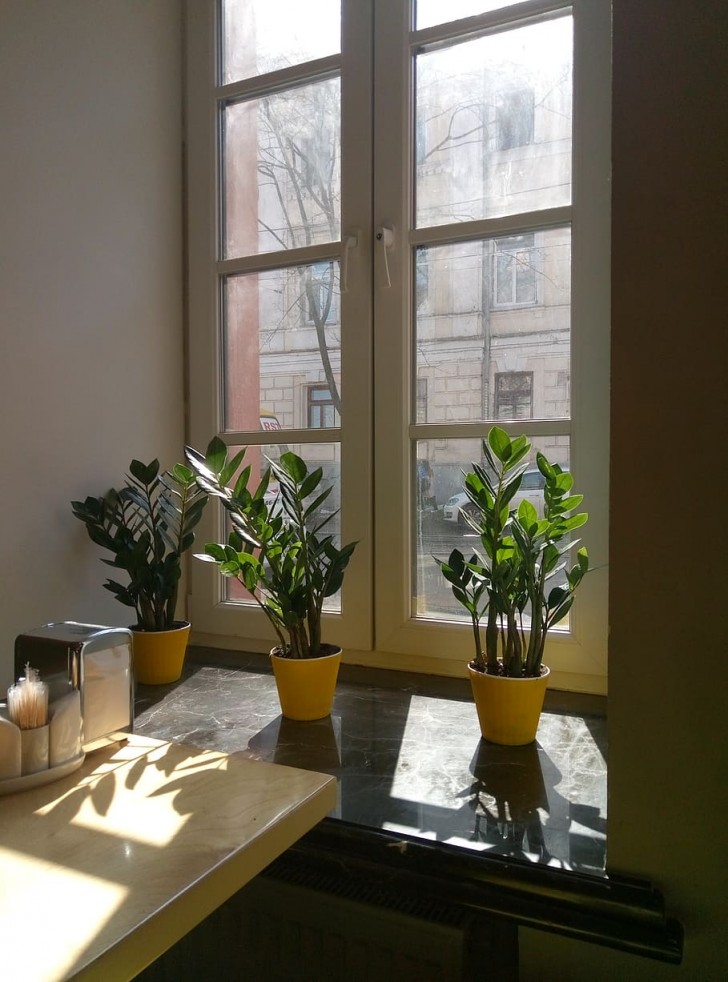
The private living room
Not all houses are so spacious that they have a living room used for the time spent with guests and a living room or more intimate space in which to take refuge when we are alone or with our family. However, if there were, feng shui dictates to keep it always ready to welcome every inhabitant of the house with his personal armchair or chair, to decorate it with the colors related to the five elements based on the type of energy that you want to cultivate at home and arrange a comfortable carpet in the center of the room to create a connection point that also physically connects all the cohabitants to that space.
Bedrooms
Since it is the room that represents the person or couple who sleeps in it, and often the one in which we spend the most hours at home, it is perhaps the one that most of all benefits from the rules of feng shui.
Thus, the bed must have a prominent position with respect to any other piece of furniture, preferably not in the direction of the door, with the feet of the bed directed towards it. It is also considered very important that the headboard of the bed is well anchored to the structure and that it is the only part leaning against a wall (although it would be better if there is no bathroom beyond the wall), leaving as much space around as possible. to the other three sides. If space permits, then, the bed should be free of objects underneath, in order to let the air and Qi flow.
Even if only one person sleeps in the room with a double bed, it is still advisable to always keep two bedside tables, so as not to lose symmetry in the arrangement of the furniture.
The study or office
The study or office where family administrative matters are dealt with or where you work represents career and personal and group success, so feng shui in this space directly affects these results.
The desk must have a command position, a bit like the bed in the bedroom. The chair used by those who work there should have a comfortable backrest that offers support and that, when not sitting at the table, can be positioned comfortably about three feet away from it.
The bathroom
It is the room where the element of water reigns. Feng shui recommends always inserting at least one plant, usually above the toilet, which serves to transform the flow of water (associated with the idea of the loss of economic well-being) into an energy that instead projects upwards, as it is water that makes plants grow and thrive.
The bathroom, then, must be the cleanest and most sparkling, as if it were a small spa in which to relax and recover energy. It is advisable to always keep the toilet lid closed when not in use, keep the mirrors clean so that the reflections are clear.
The other spaces of the house
In all furniture and closets, or in any case closed spaces, considered the hidden places of our homes, we must always avoid the accumulation of useless objects, and they must be cleaned periodically even in the most difficult corners where dust and dirt accumulate.
Always leaving at least some free space in the wardrobes and furniture is an invitation to new opportunities that can fill them.
Corridors and landings, then, are considered the energy communication routes to reach the various rooms of the house, so these too should be as clear and airy as possible, especially if they are very narrow. However, you have to make them pleasant and lived in, so making sure they are well lit and decorating them with photos, paintings and similar objects is always a good idea.
Ready to welcome positive energy with the feng shui rules at home?
